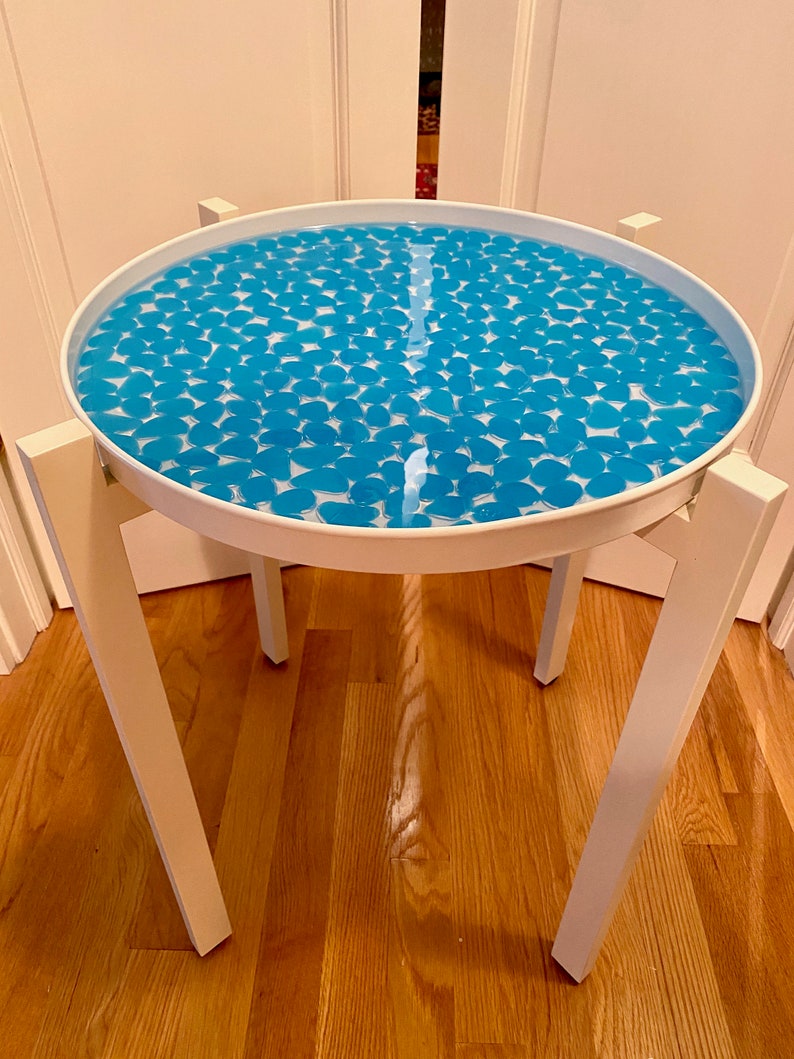

If you need to figure out the volume of the mold yourself, try filling it with water and then pouring that water into an appropriately sized measuring cup. Some molds will tell you the volume of resin to use while others will not. Start by figuring out how much resin you need to fill the mold. Whatever you decide to use for your mold should be flexible (plastic or silicone typically).

You can find molds at your local craft store, online, or you can choose from our selection of silicone molds.

It’s extremely easy to make your resin castings glow in the dark and the end result has to be seen to be believed. Glow powder and resin go hand in hand like peanut butter and jelly. The pigment makes its way into the crevices and leaves a layer of resin above that can be planed, sanded, or buffed without losing pigment in the process.Click here to purchase our resin and glow in the dark powder! This is exceptionally handy for filling gaps and cracks in wood. Larger micron sizes will tend to settle to the bottom of the glow resin. This works in your favor as non-encapsulated powder tends to glow slightly brighter than encapsulated powder. Once the resin cures it encases the pigment, making it waterproof. Always use a non-encapsulated pigment when mixing into a resin or epoxy. This daytime pigment acts like a resin dye when mixed into resin or epoxy causing it to take on the daytime color. Green Day, for instance, will appear as an opaque green powder in normal light and glow green in the dark. Daytime colors have a fluorescent pigment tint added to the natural glow pigment for a splash of color. Natural pigments are white/off-white, opaque, odorless powders.

Techno Glow powders come in a variety of bright, eye-catching colors and mix well into resin or epoxy.


 0 kommentar(er)
0 kommentar(er)
